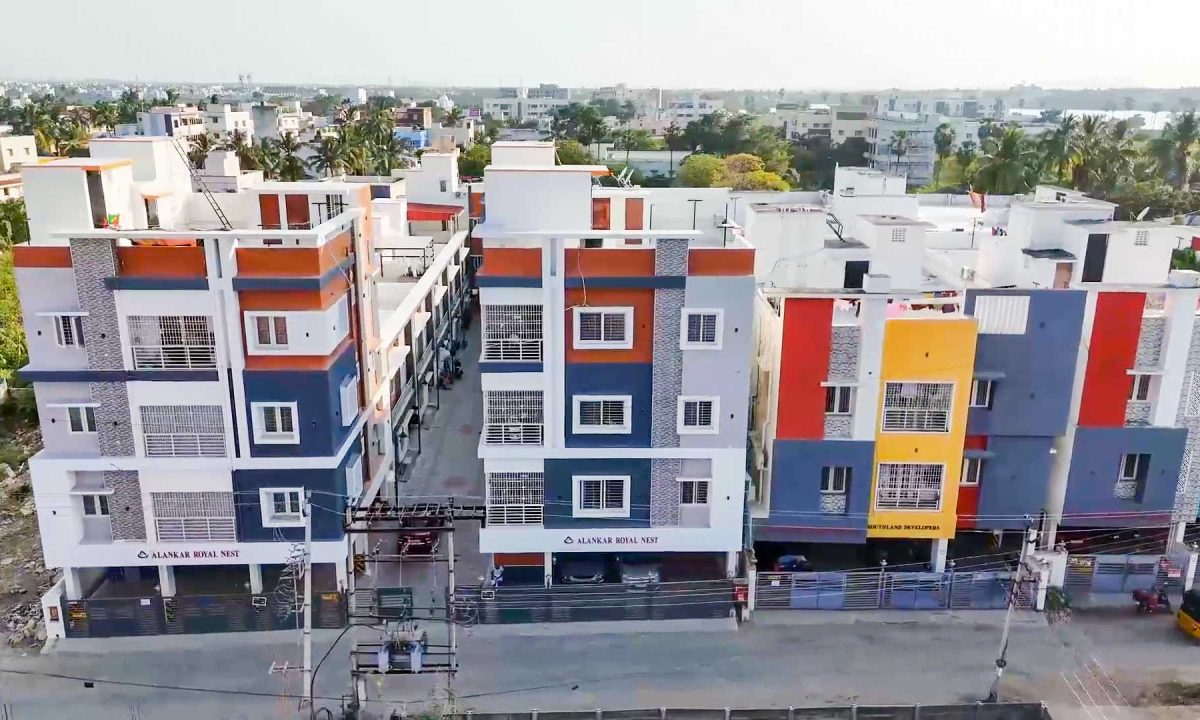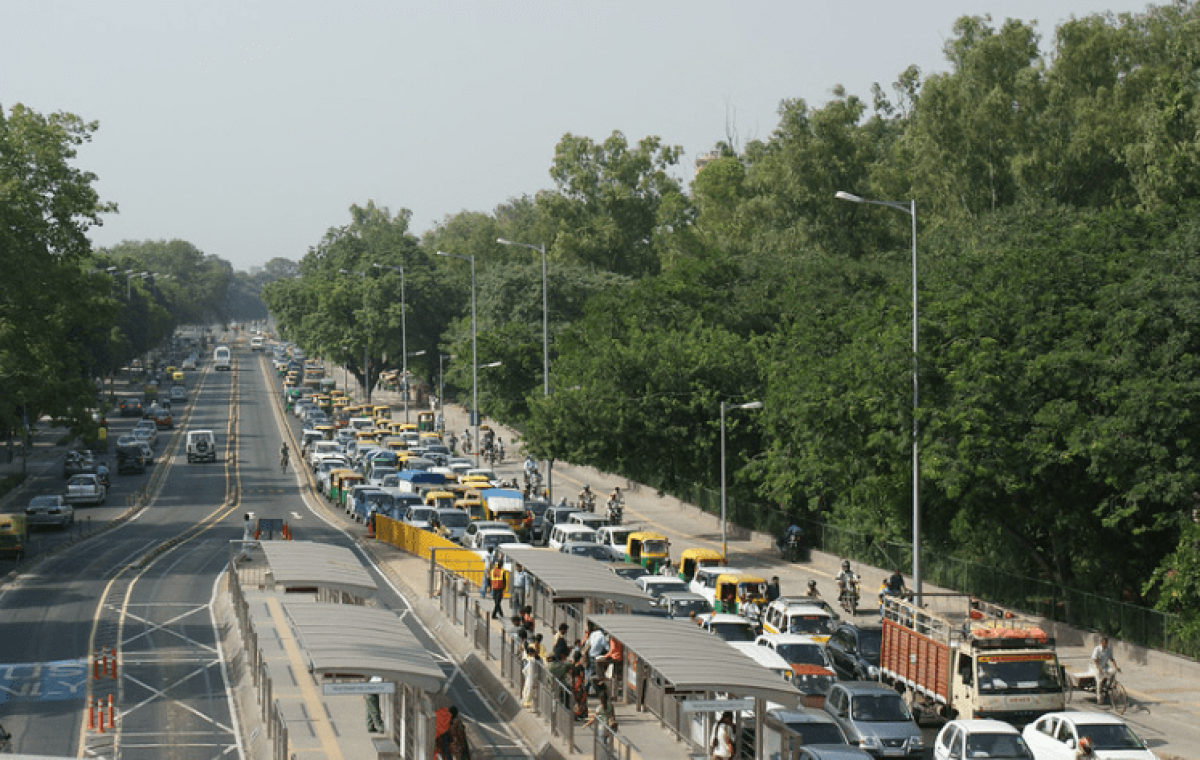Where should I build my home?

A Complete Guide Building a home is one of the greatest investments a person makes in their lifetime, and determining where to locate it is a preliminary step to be considered. The site where your future home will stand will determine many aspects of your life, such as the quality and value of your property, besides daily experiences for many years hence. A very serious deliberation on the best location, from lifestyle choices to practical requirements, is necessary before building a house. Here’s a detailed guide so you can make an informed decision on where to build your home.

Actually, one of the most essential factors when deciding on a good location for building your house would be proximity to your work station or daily destinations. A long commute wastes precious time, brings in much stress in your life, and escalates travel cost. Living closer to your work station will save you substantial amounts of time, hence convenient in the long run. Although places near commercial centers are more costly, the time it saves traveling can be a very good investment. Private transporters should also check whether there is public transportation and examine how the quality of the roads nearby will be if they drive to work.
In fact, do you know that the lost hours in traffic each year may surpass the number of days you spend enjoying your well-deserved vacation? In Chennai, for instance, if a worker puts in eight hours a day, five days a week, with each way commute two hours through peak traffic, then you’re spending almost 20 days a year stuck in your vehicle.
A NoBroker.com survey had recently pointed out that 60% of the employees in Chennai waste huge amounts of time and energy commuting, where travel between their house and workplace exceeds 30 minutes. The commuters of other employees take less than 30 minutes. However, as there are more than 4.7 million vehicles in the road network of Chennai and as the traffic congestion increases, the city registers the highest density of vehicles in the country. This increase in traffic not only makes people wait longer for commutes but also affects CO2 levels in the atmosphere, affecting the air quality and eventually, one’s quality of life. As the study points out, a quality home located in the right location would make all the difference in your day-to-day life.
Ideally, your new place should be close to such essential services like hospitals, grocery stores, schools, and recreational facilities. Sometimes, it is much more convenient to live close to these amenities. Even if you don’t have kids, you’ll still be able to benefit from residence in a neighborhood with good schools by enjoying increased resale value in your home. Parents with kids want to know the quality of local schools, parks, and recreational areas.
Think about your lifestyle and what you might need for the amenities. The gym freaks will be interested in gyms, while social butterflies might want restaurants, cafes, and shopping centers nearby.

Safety should rank one of the highest concerns in your decision in choosing where to erect your home. Research crime statistics pertaining to the neighborhood you will choose. Seek out signs that indicate, such as the visible presence of law enforcement, neighborhood watches, and overall neighborhood maintenance, that would tend to denote it as a safer neighborhood. Furthermore, a safer neighborhood also tends to be a more desirable one, which affects property value and resale capabilities.
The atmosphere of the community where you plan to build your home is a great factor in determining long-term happiness. Some people adore busy dynamic communities while others enjoy quiet secluded areas; demographics even matter, for example, if the neighborhood has families and kids, is it senior citizens or young professionals? This may help judge what kind of group within that community aligns well with your lifestyle.
If you like the coziness of a small community, then you may be willing to consider places that offer much camaraderie among residents, such as neighborhoods that often host community events or have social clubs. If you want more solitude and privacy, a home in a lesser density area may be more fit for you.

If you choose a location to put up your house, one key issue that you should look into is whether the area will have future development. Thus, an emerging neighborhood, which would have future infrastructure projects, schools, and eventual commercial spaces, would significantly increase the value of your property over time. On the other hand, an area in decline or stagnation could affect your future home’s value adversely.
Researching the local government’s development plans and any zoning changes that may happen in the near future will have an influence on the place. Zoning changes would bring more amenities, improve transportation, or create a higher demand for properties, making your home a good investment.
It is easy to forget, at times, to remember the environment in picking a place to live, but it’s all very important. If you have an area that is prone to flooding, earthquakes, etcetera, make sure to find out about building codes and insurance requirements. Besides that, the orientation of the land could affect the energy consumption; homes that receive southern exposure use most of the available natural light, which reduces the expenses for heating and lighting.
Consider the local climate. Do you enjoy outdoor hobbies? Then find a locality which will give you favorable climate for activities. Or do you desire quietness, stillness, away from the chaos of towns and cities? Find rural or semi-rural surroundings.
Lastly, find out the land cost. The prices may widely vary, depending on proximity to the city centre, locality infrastructure, or the attractiveness of the location. Always remember that you should not go over budget but rather take into account the potential resale value. Sometimes, spending a bit more for a better location is a good idea because in the long run, it pays off.
Aside from land cost, ask them the taxes from the local government, utilities, and the fees of the homeowners’ association. All these periodic costs can accumulate pretty quickly in the long run and must not be ignored in your final choice.
Where you build your home will shape your lifestyle, financial future, and overall satisfaction. By judiciously understanding the commute time, amenities, the safety of the locality, the community atmosphere, environmental risks associated with the locality, and its growth potential, you would make a well-informed decision that meets your needs and aspirations. Take your time researching and visiting multiple locations before making the final decision. A well-chosen location will make sure that your home is not just a place to live but a place to thrive.

